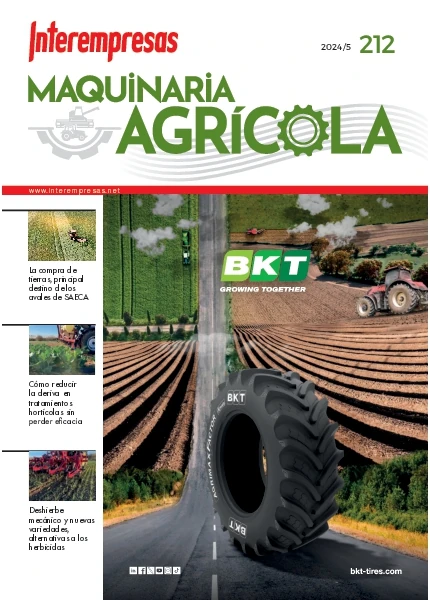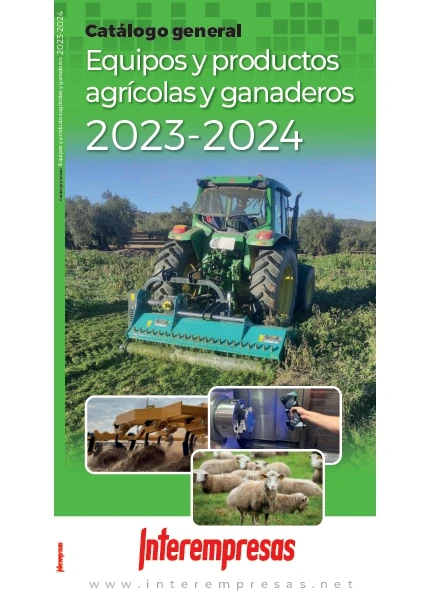COAG attributed to the rains and a few hours of Sun lower production, to record lows, honey and pollen
July 26, 2010
The Coordinator of organizations of farmers and cattlemen (Coag) has announced that the harvest of honey from the campaign 2009 / 2010 has surpassed the 15,000 tons, figure that a reduction of 50% from the average of 30,000 tons of recent years. In the case of the pollen, there has been a close to 70 per cent fall in Extremadura, Castile and León and Andalusia, major producing regions. The reasons would have to find them among the long rainy season, between November of last year and March of the present, with intervals of very low minimum temperatures in many regions of Spain, with a very unstable spring, with short intervals of heat. To date, the honeys of Rosemary, orange blossom and thousand flowers have been the most affected, though of production of the crop sunflower and eucalyptus, as well as of forest (holm oaks and Oak) honeys are still unknownthat are collected at the end of summer.
In addition, "depopulation syndrome" of beehives still makes dent in bee farms in the country, with an average of 25-30% annual fatality, while in the current campaign these losses are offset by the presence of the parasite Varroa Destructor. This should be more sanitary control exercised by professional beekeepers with the use of veterinary treatments authorized by him has facilitated the replacement of swarms after the winter. "However, climatic variables are not by themselves sufficient to reduce production by half." "The proliferation of systemic insecticides, authorized by the EU and used in the treatment of seeds and different crops to fight pests in a timely manner, causes adverse effects on the nervous system of the bees and they have a growing influence over the disappearance of pollinating insects"said José Luis González, responsible for the beekeeping sector of Coag.
Currently, both in the EU and globally, there is a little knowledge of the factors and risks that cause the loss of colonies of bees, being object of study the attributed to contamination of the colmenares with substances such as the clotianidina, the tiametoxam, the imidacloprid and the fipronil, systemic insecticides which leave residues in the nectar and pollen from the flowers of seeds and crops treated. Under their influence, bees lose the sense of direction and may have difficulties to return to the colmenar.
The European Commission has published the EU directive 2010/21 amending Annex I to Directive 91/414/EEC to these four active substances. From Brussels, has called on States members who "put in place specific monitoring programmes to check the actual exposure of bees producing honey to these active substances in areas commonly used by bees to pollen or bee-keepers""when and as appropriate". In this sense, the agrarian organization has requested a meeting to the general director of agricultural resources and ranchers of the Marm, Carlos Escribano, to see first hand the measures and provisions aimed at the fulfilment of the implementation of this directive in Spain.
































































